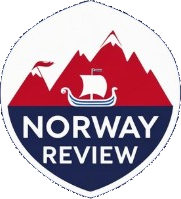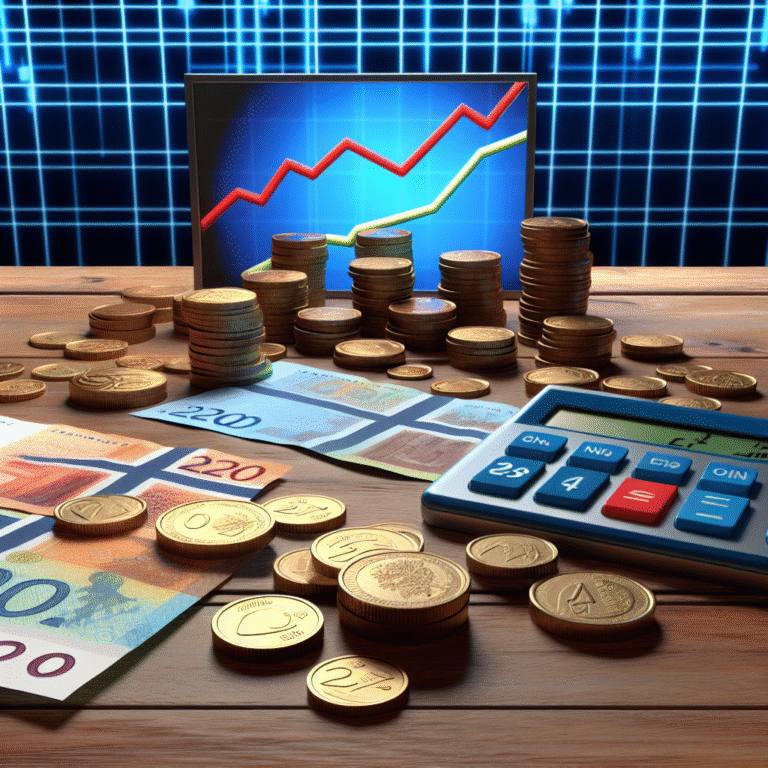(Nettavisen) As the autumn holidays fade into memory, many of us might be tempted to plan a weekend getaway to a European city before the Christmas rush. If that caught your attention, now is the time to stretch your budget. The Norwegian krone is gaining strength against the euro, currently sitting at 11.63 kroner per euro and 10.03 kroner per dollar as of Wednesday.
Chief economist Harald Magnus Andreassen of Sparebank 1 Markets attributes this shift to rising oil prices. “Just yesterday, we saw the price of oil leap from under $61 to over $62 per barrel,” he explained.
Photo: Screenshot NBIM
“Norway Has Become So Cheap”
Andreassen is cautious about making definitive forecasts regarding the krone, interest rates, and oil prices. Nevertheless, he points out a clear trend: “The krone is relatively weak, even with its recent fluctuations. In fact, Norway is on sale.”
This sentiment resonates, especially when viewed through a European lens. “Norway has become exceptionally affordable. Wages and the overall price level are low here. If you’re spending euros, the costs are akin to those from 2019,” he noted.
“It may even be too cheap,” he reflects, contemplating the implications.
Andreassen simplistically suggests that a stronger krone hinges on one key factor: an increase in oil prices.
A Look at Energy Economics
In the first half of this year, the Norwegian state garnered a staggering 139 billion kroner from oil and gas operations. While oil prices dipped from $85 (904 kroner) per barrel last year to $71 (764 kroner) during the same period this year, gas prices have surged—rising from 3.84 kroner to 5.42 kroner per standard cubic meter.
As gas supplies from Russia have dwindled significantly, Norway now stands as Europe’s primary gas supplier, securing the continent’s energy needs during this tumultuous period.

